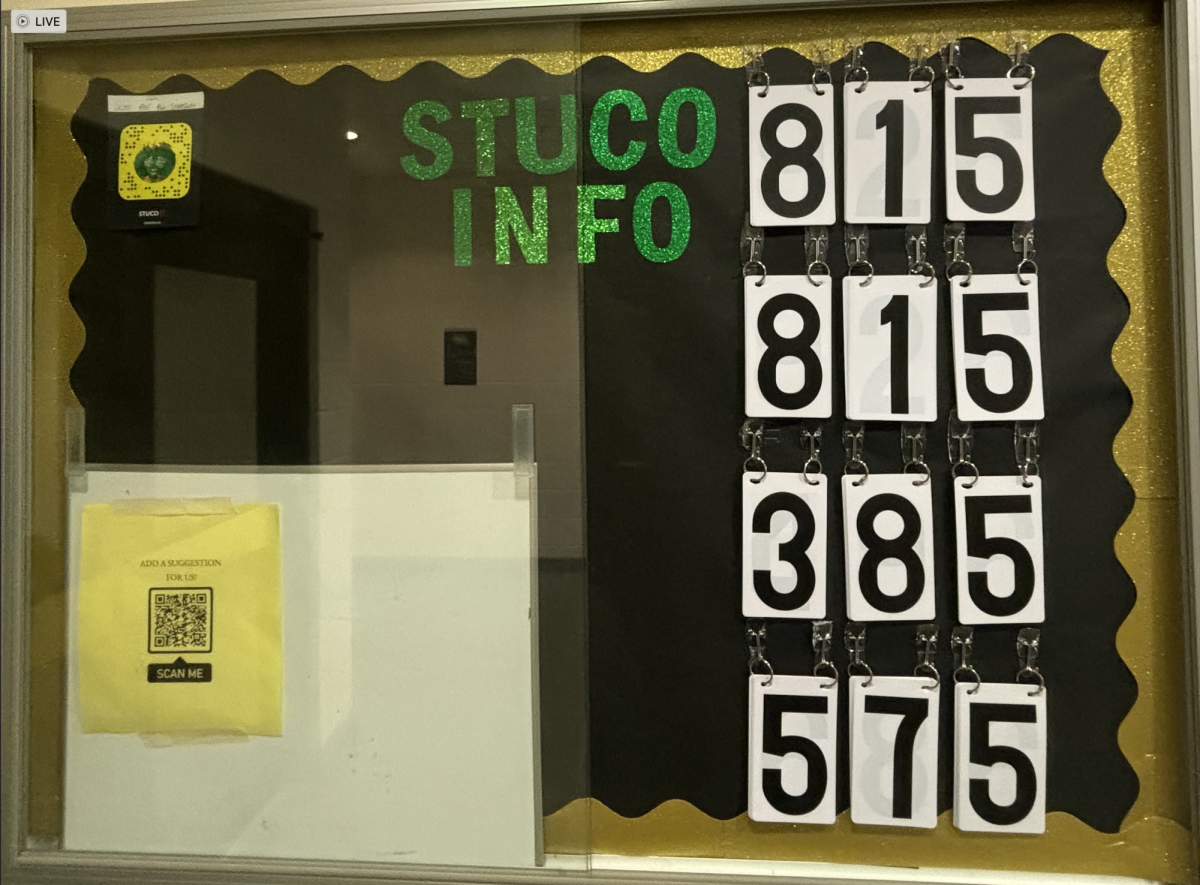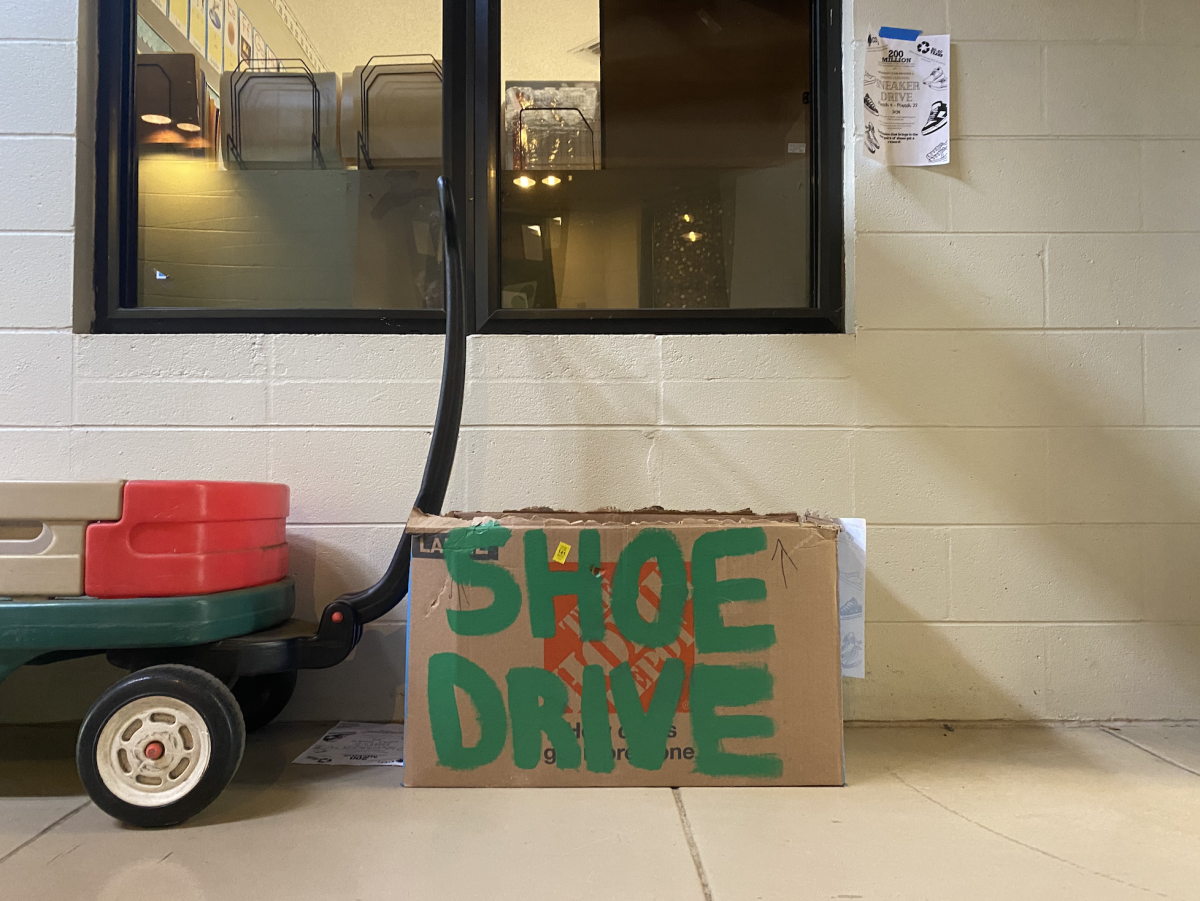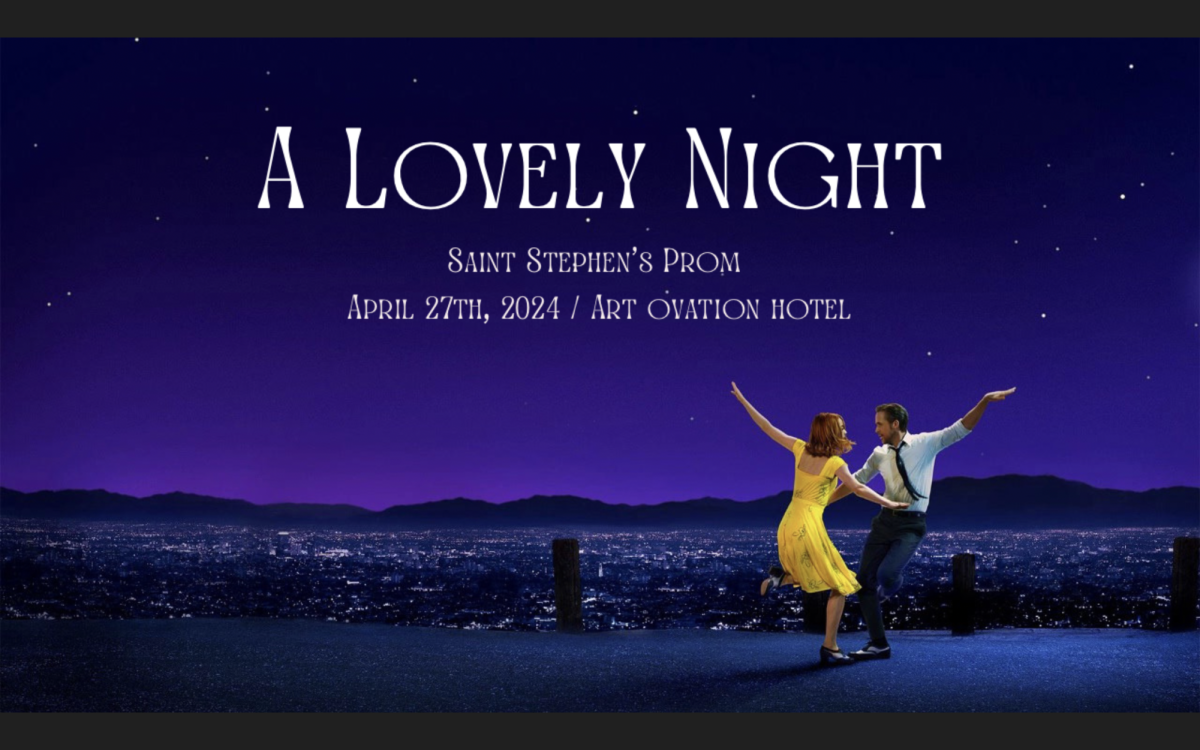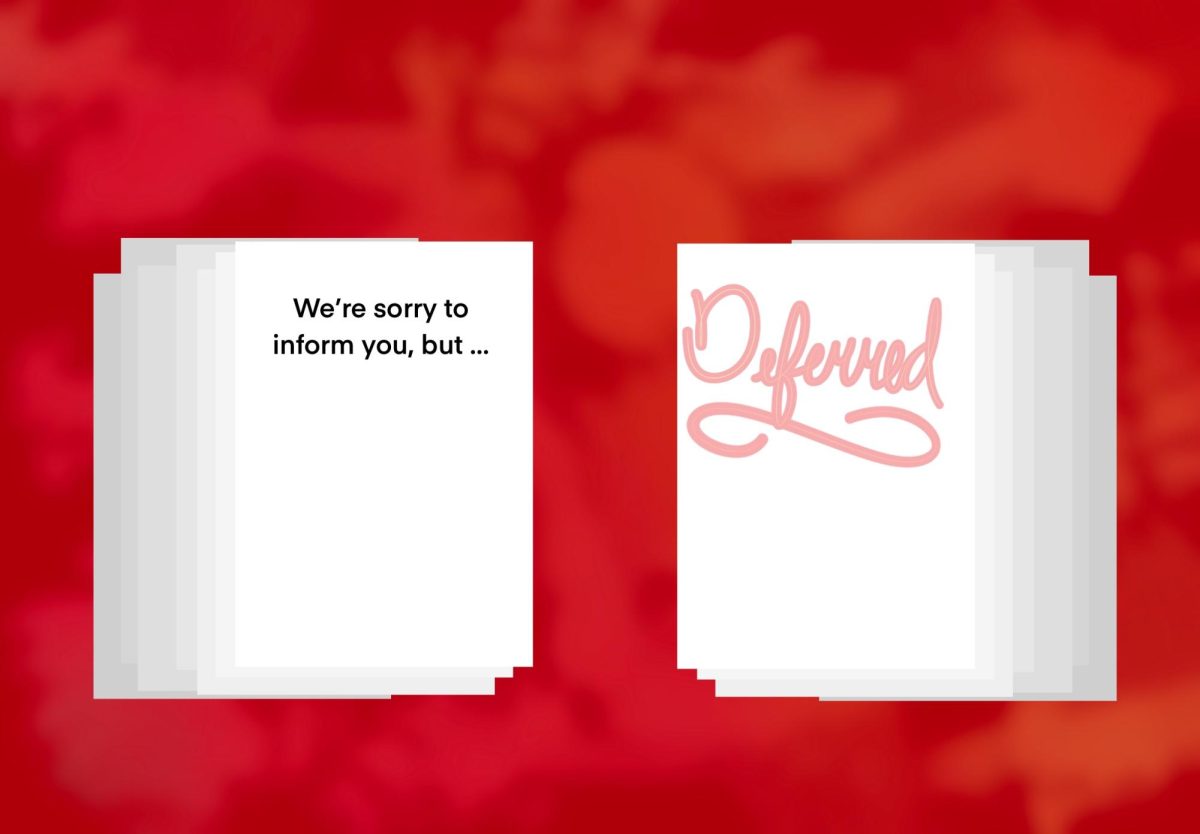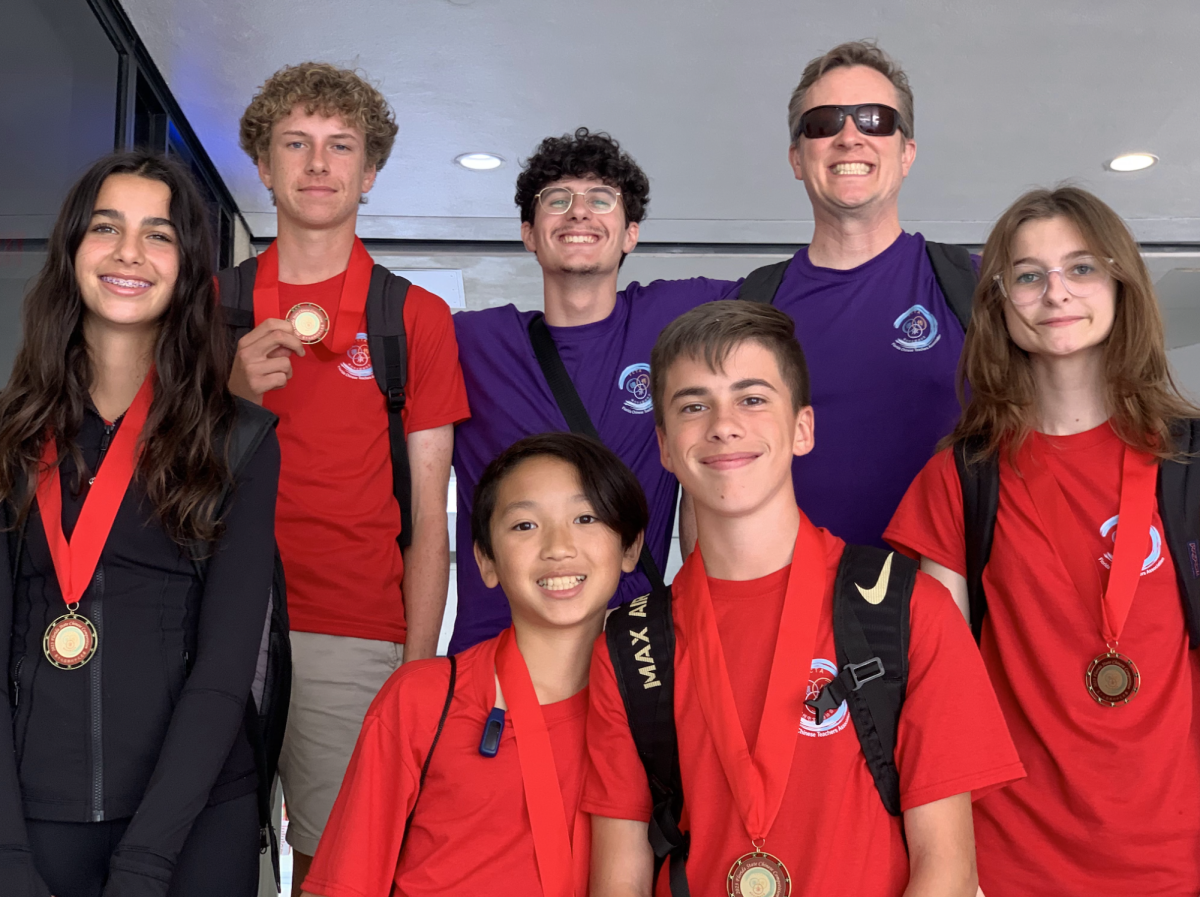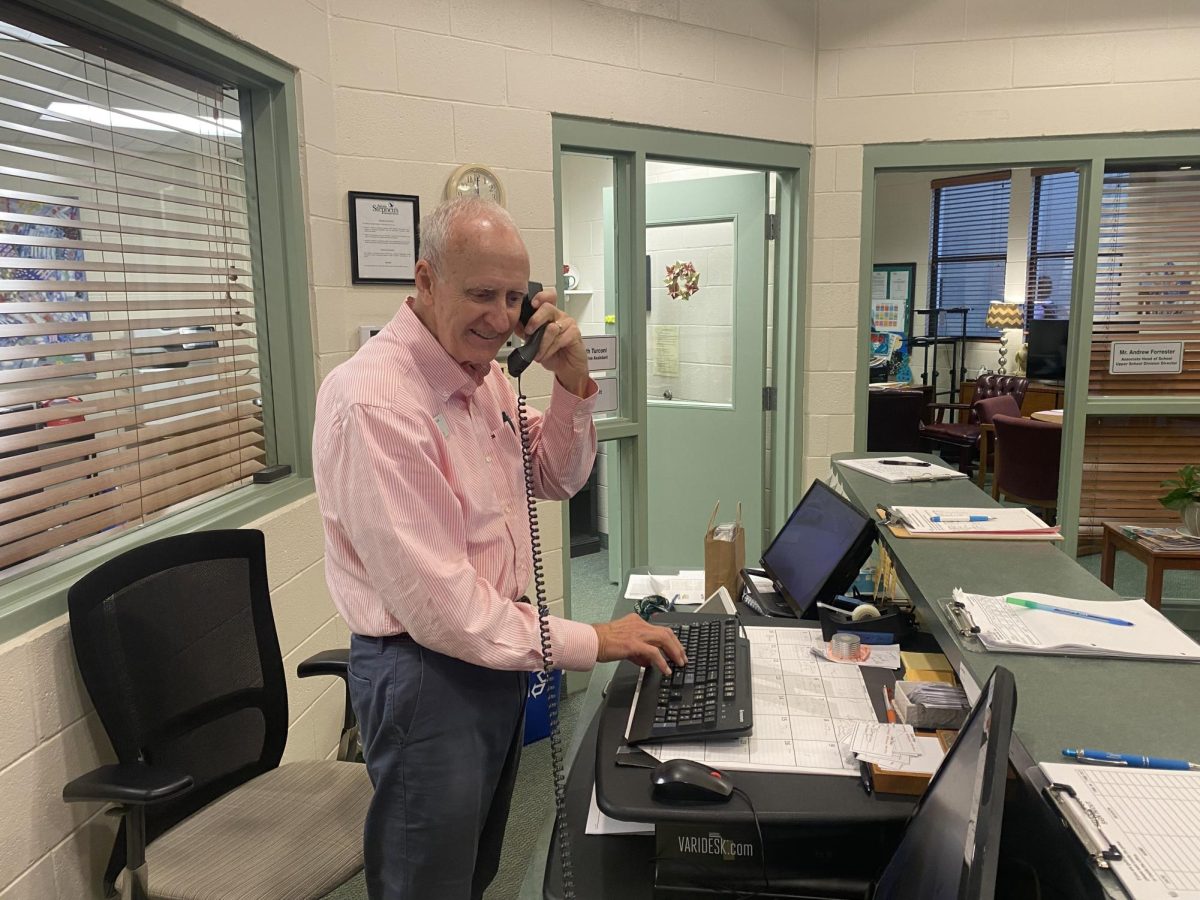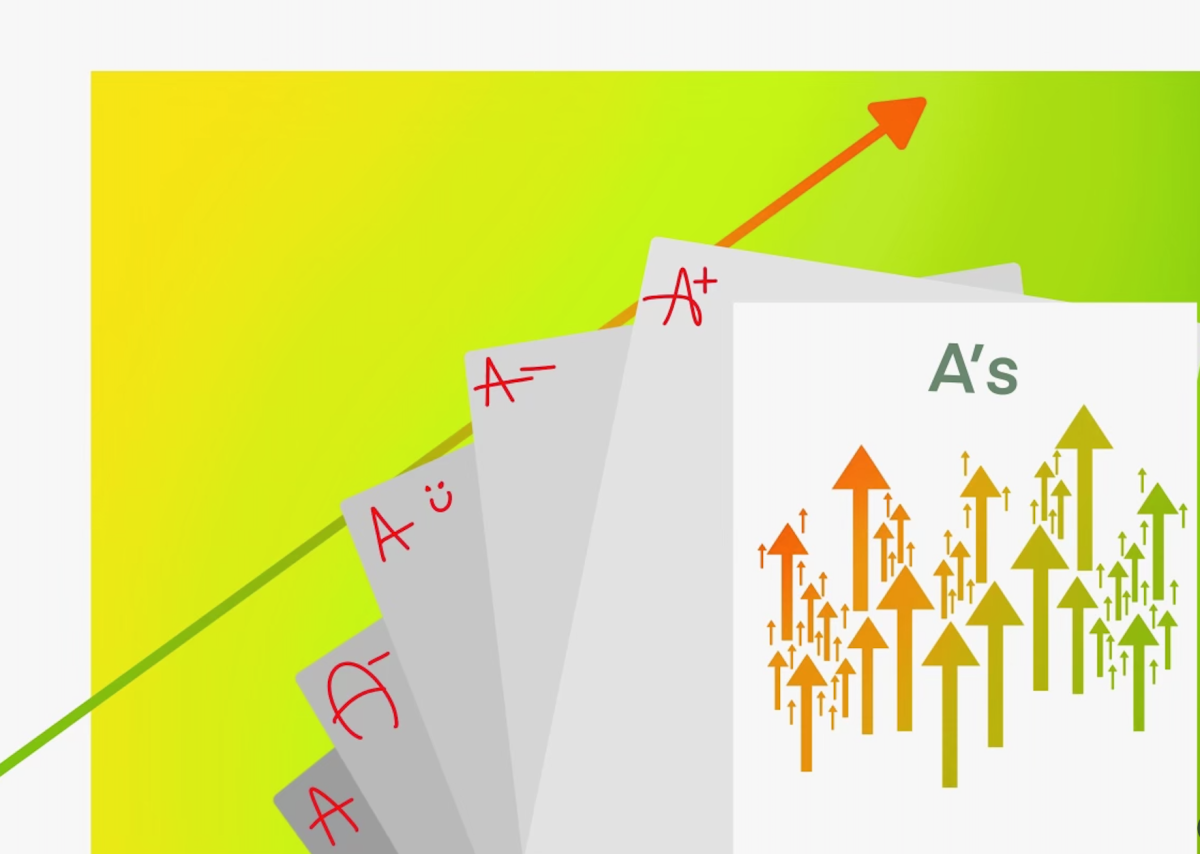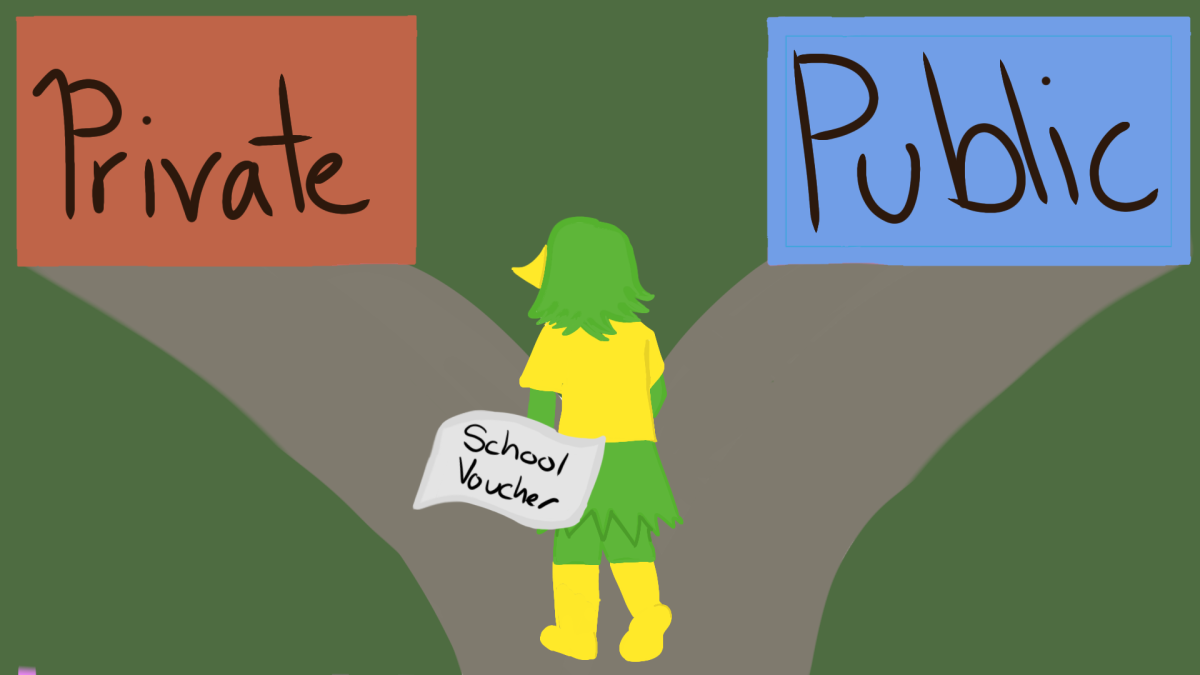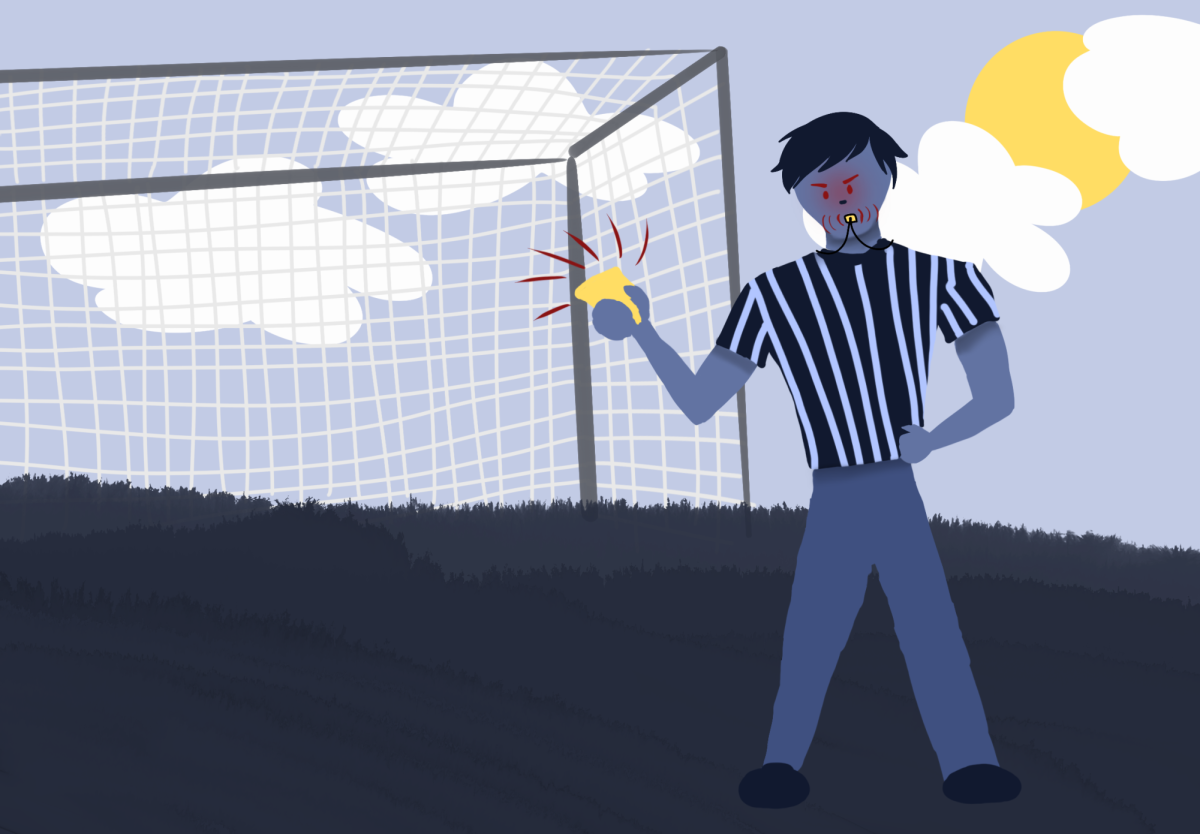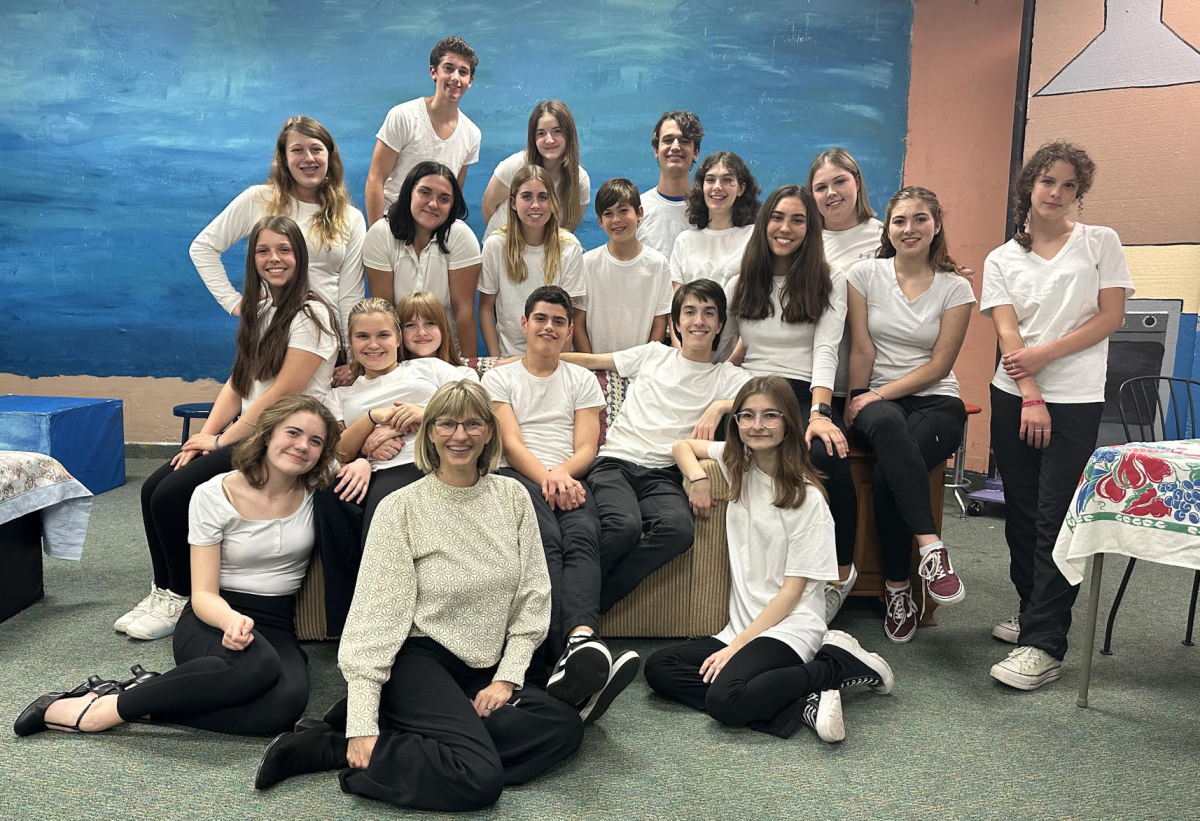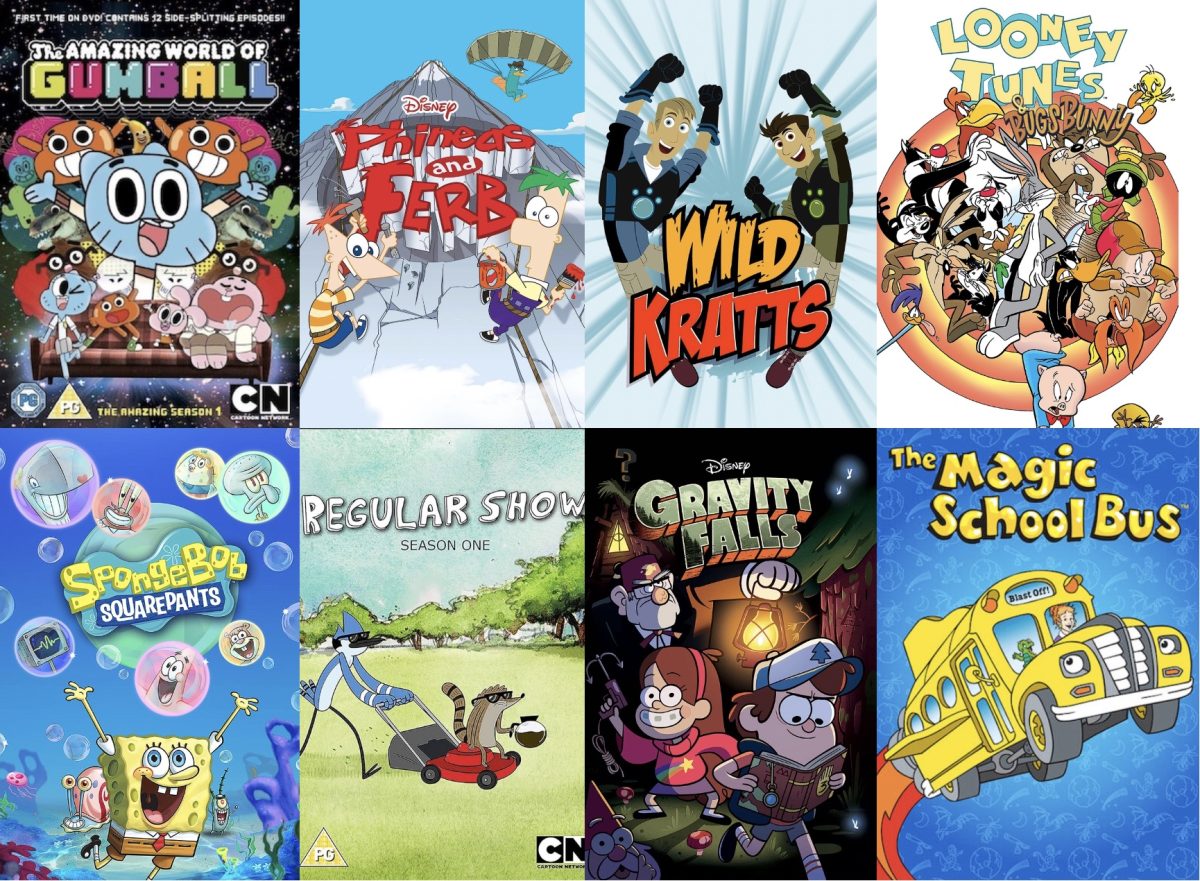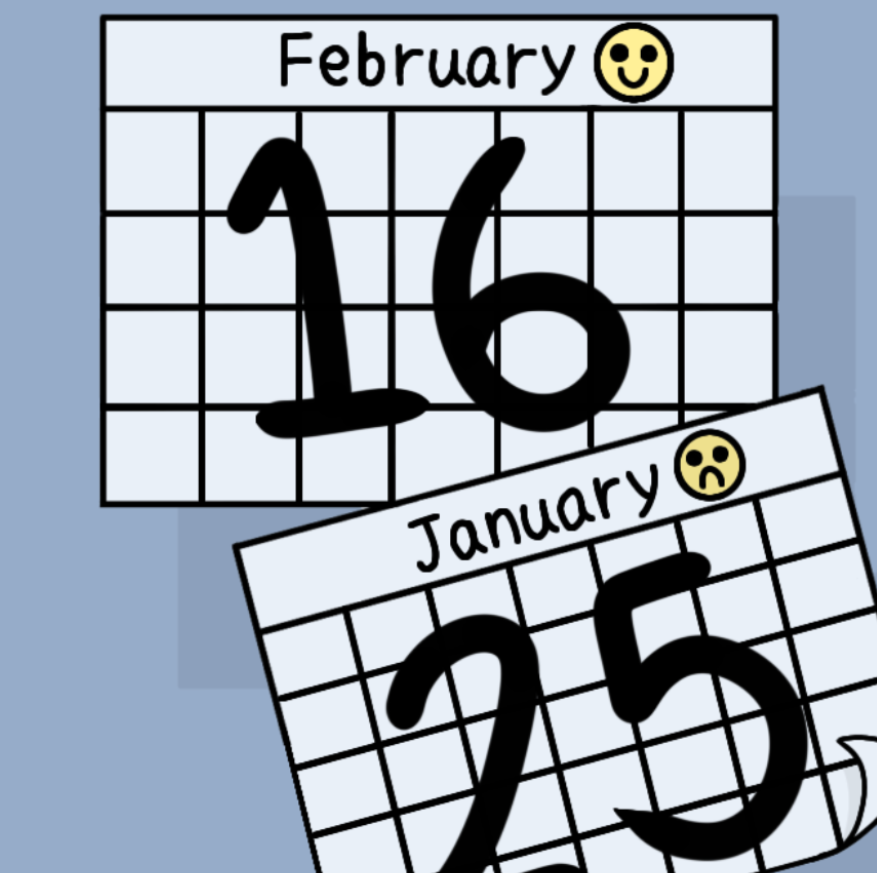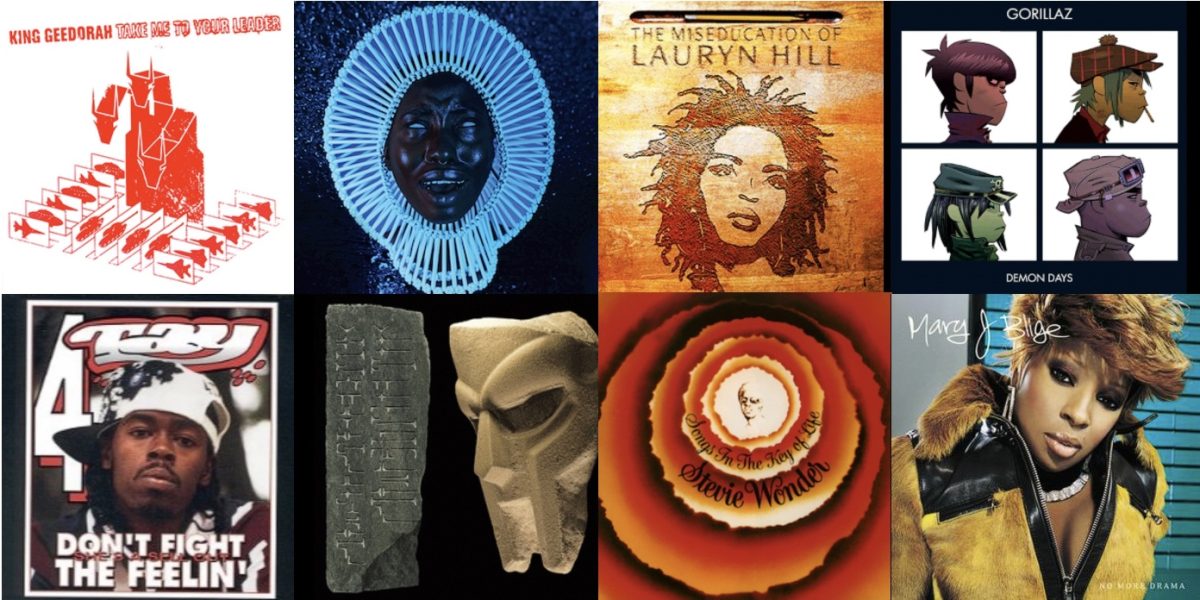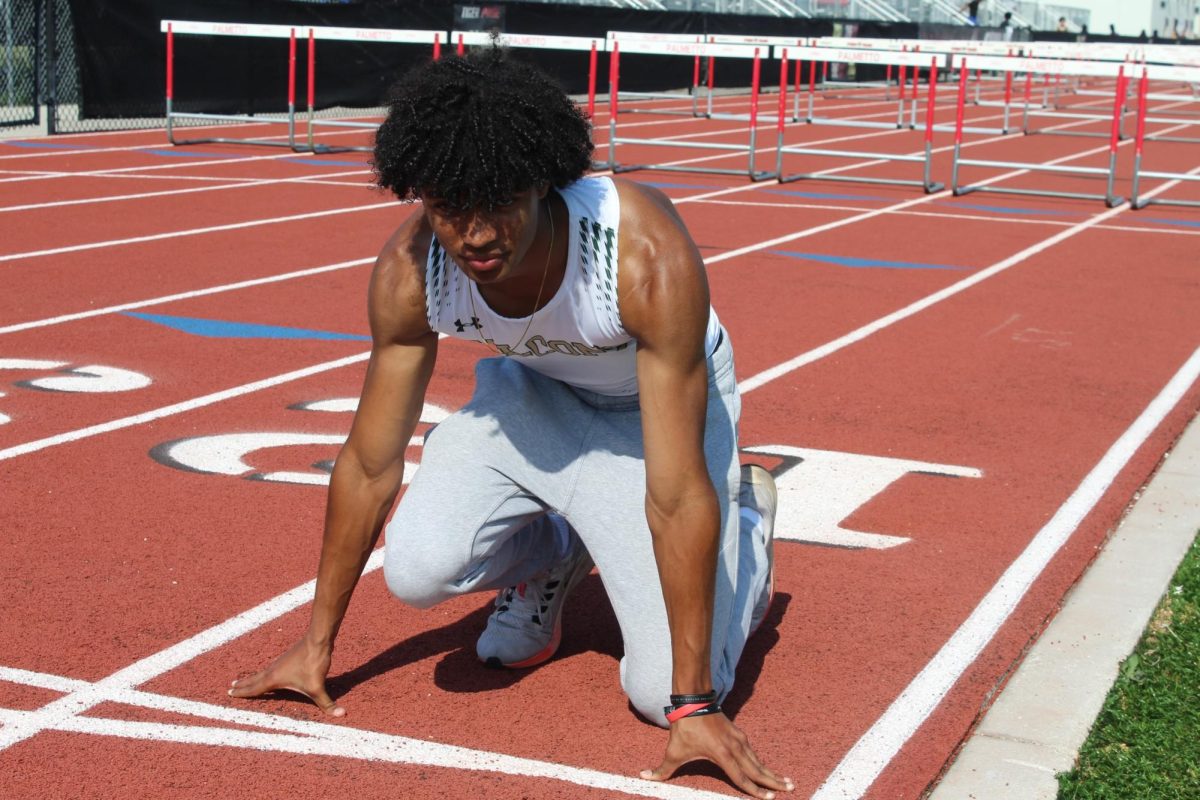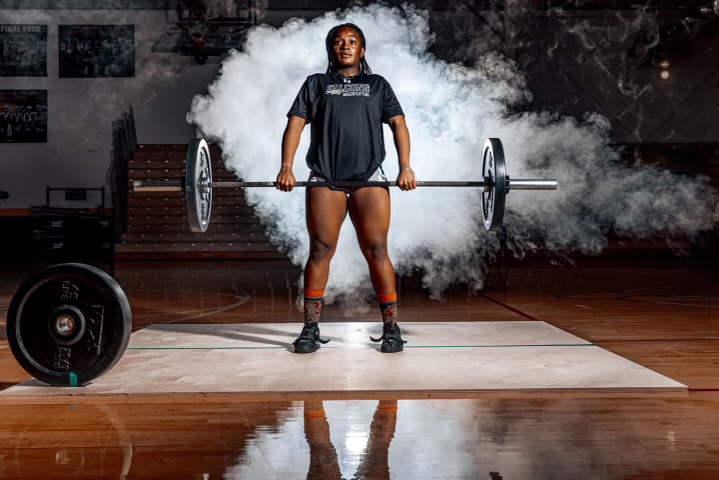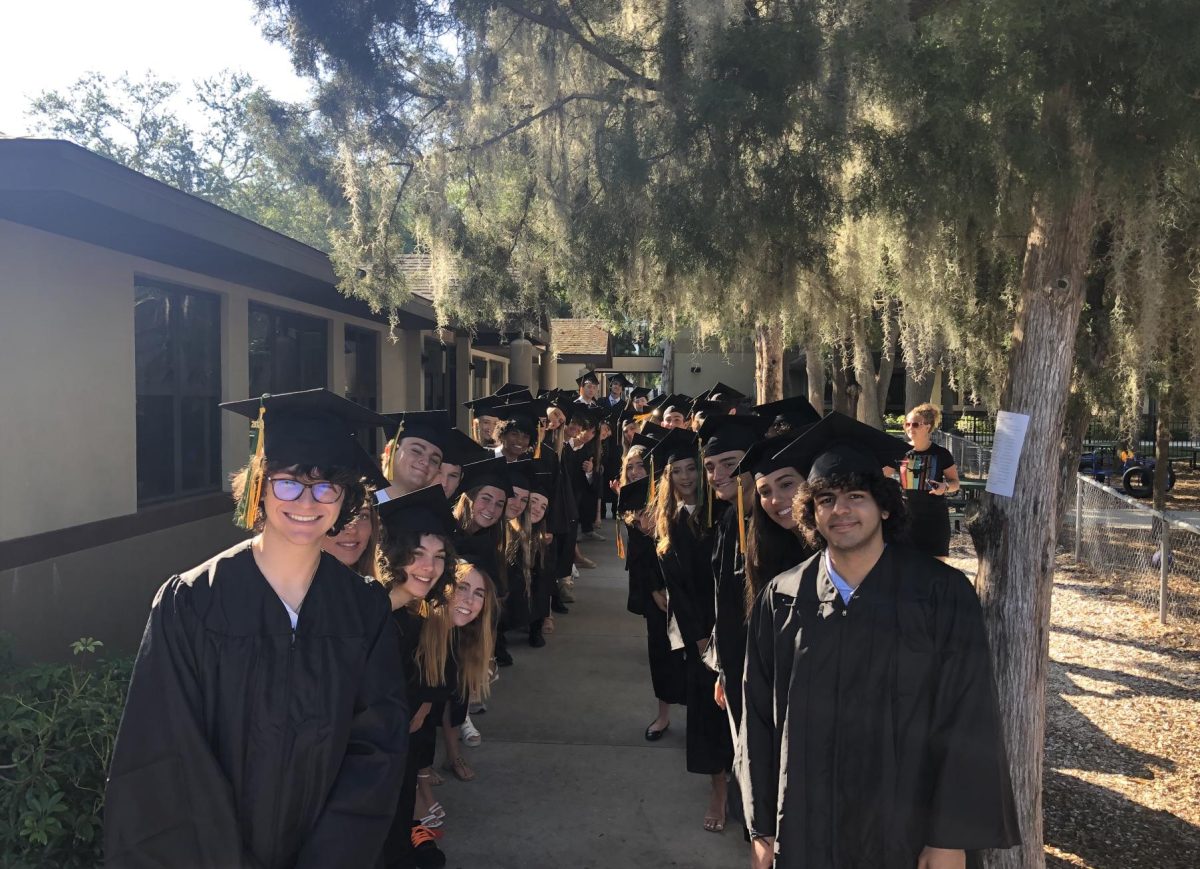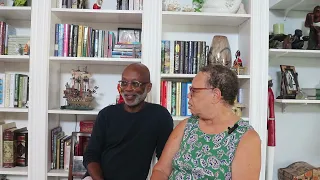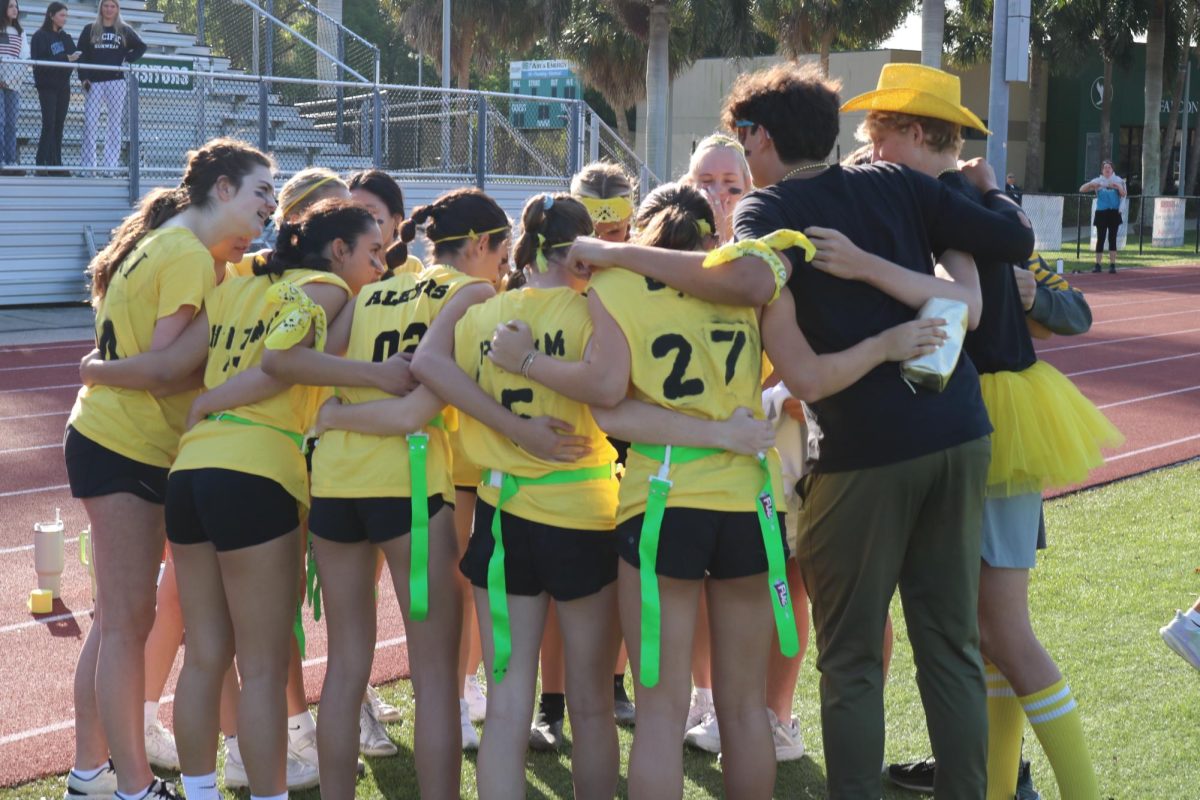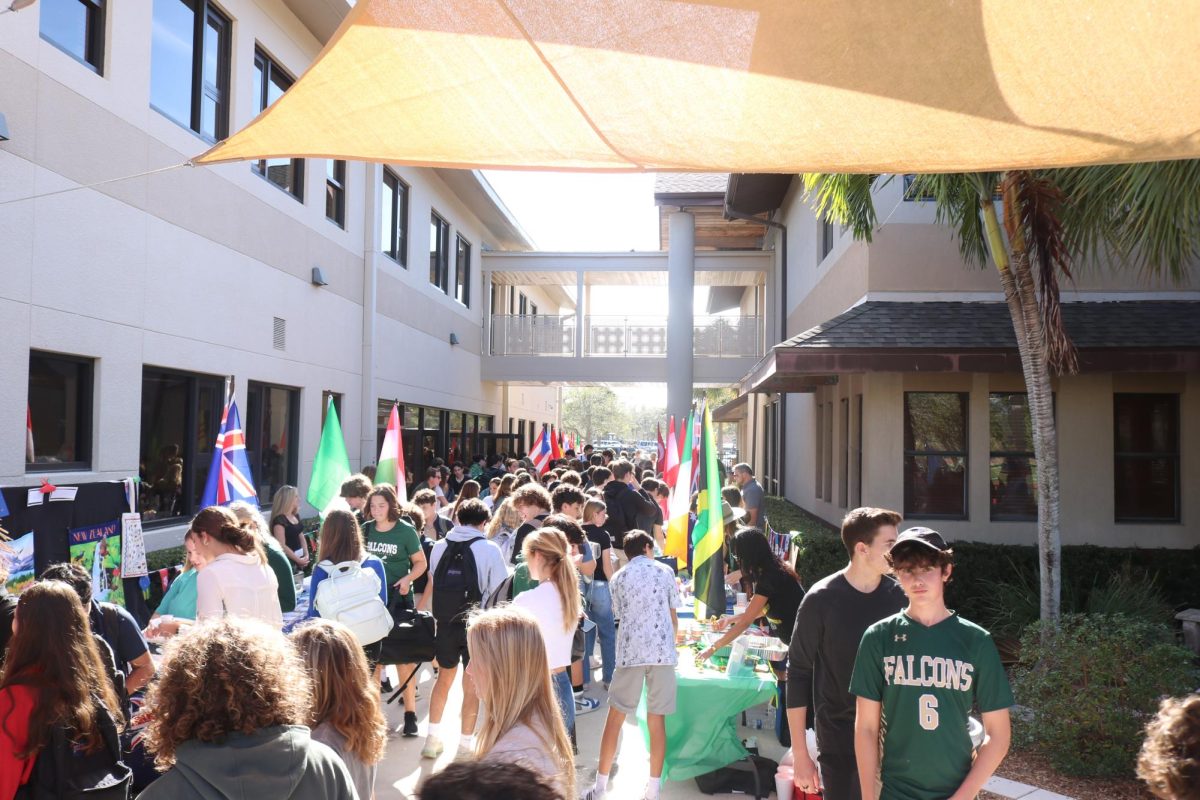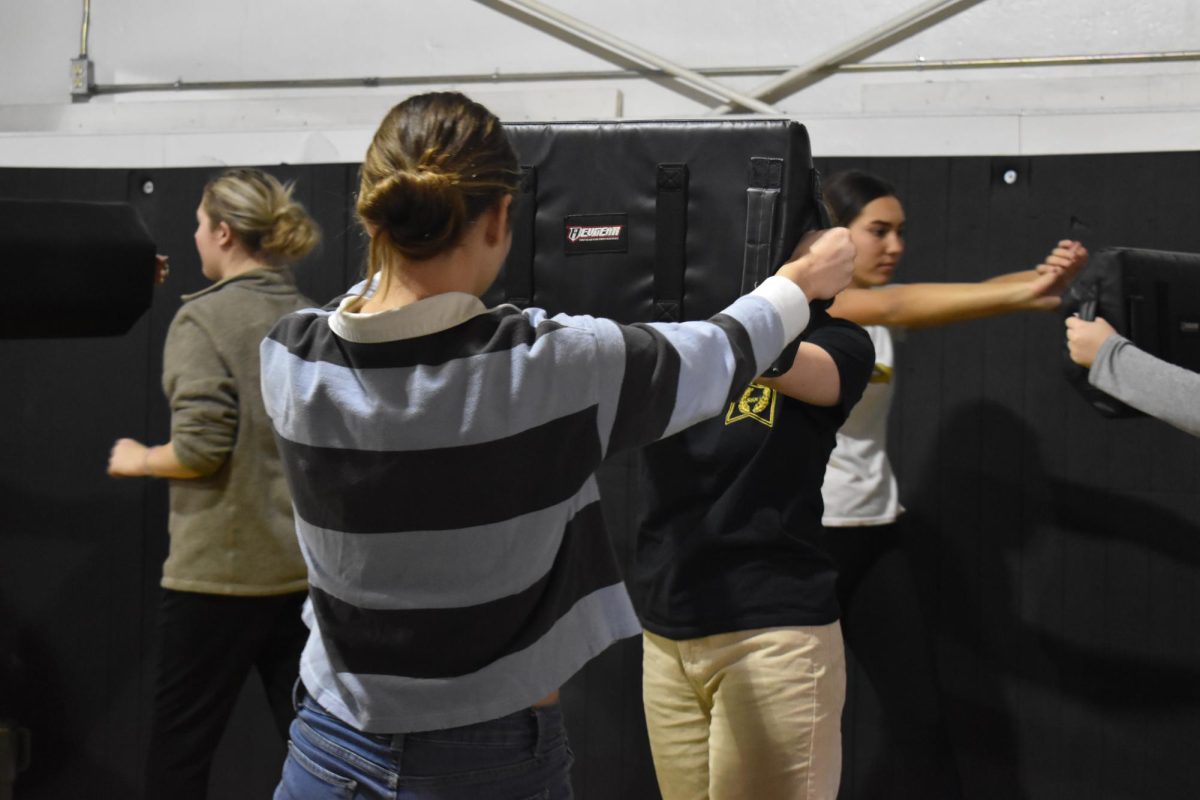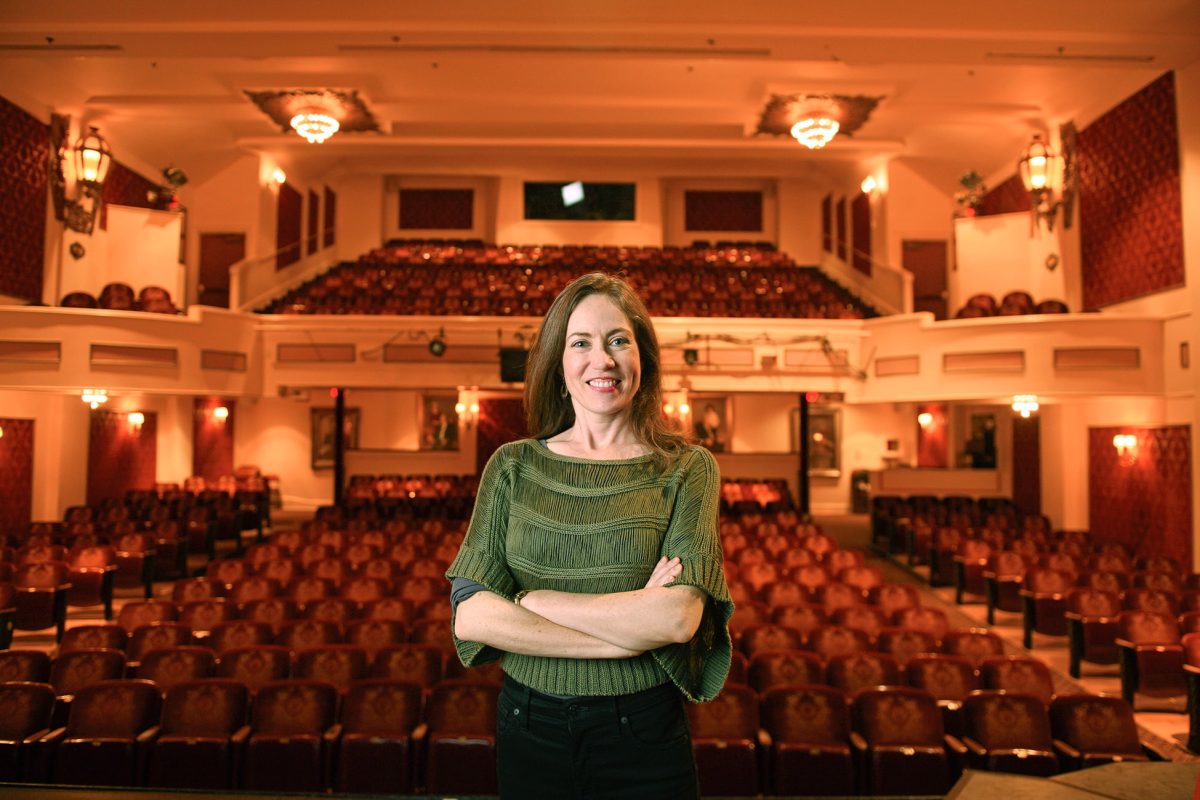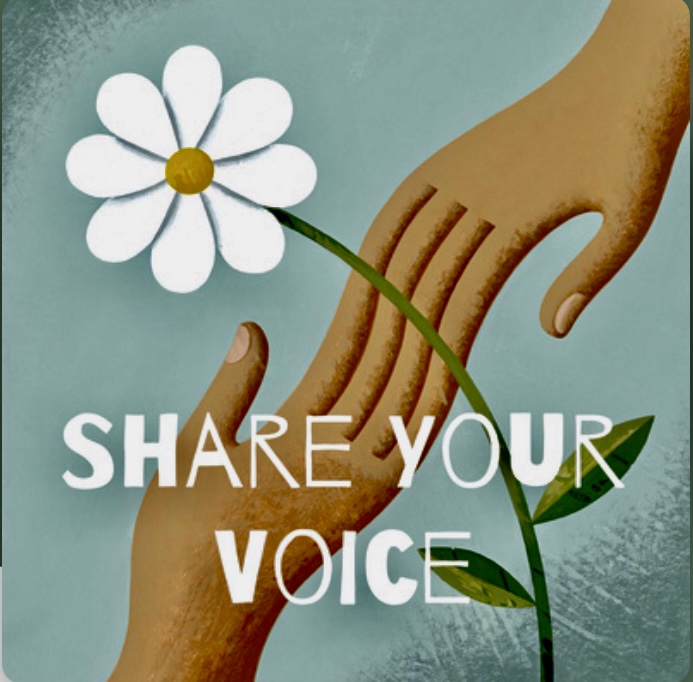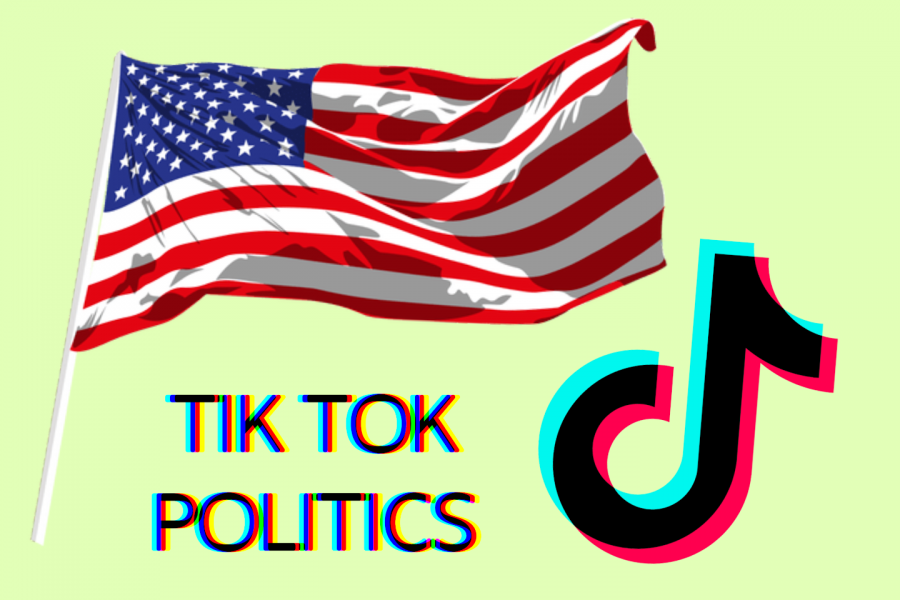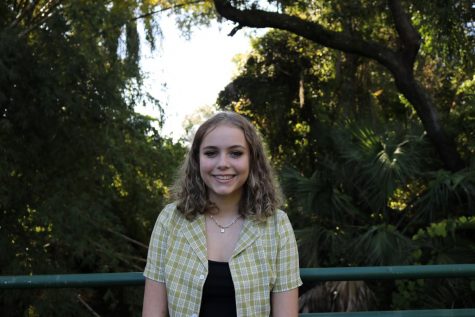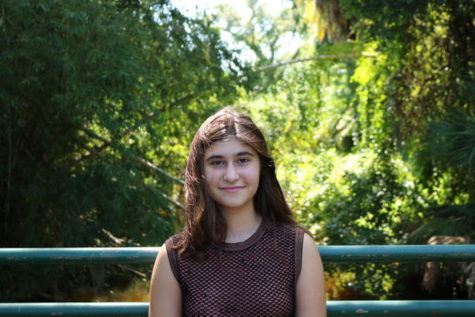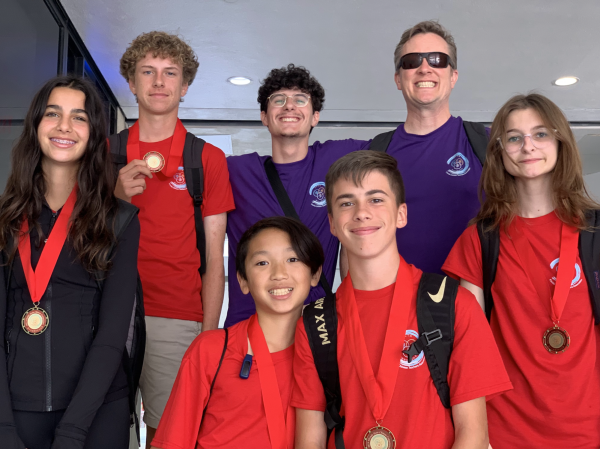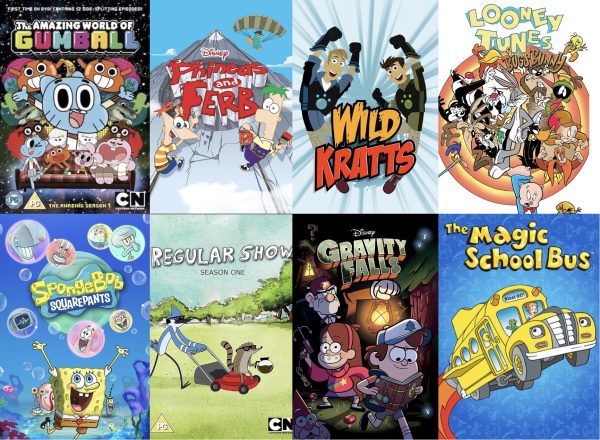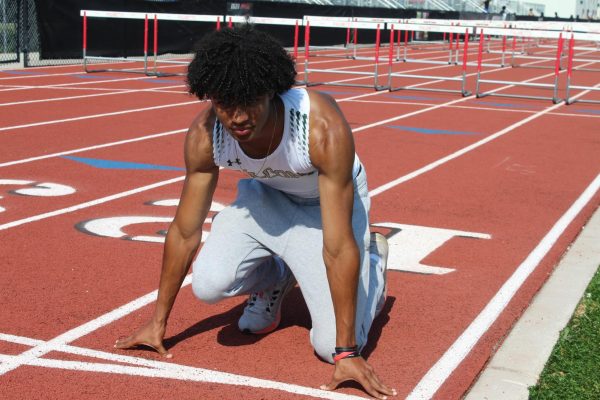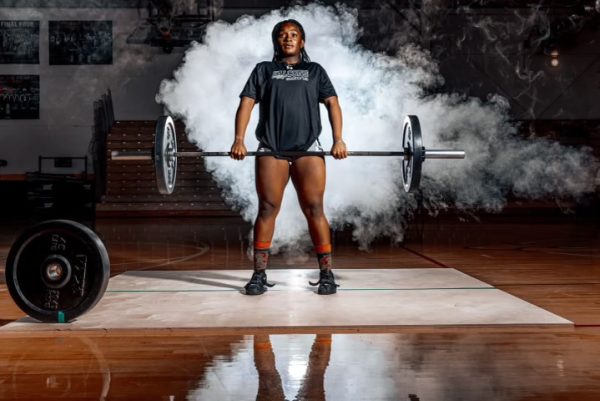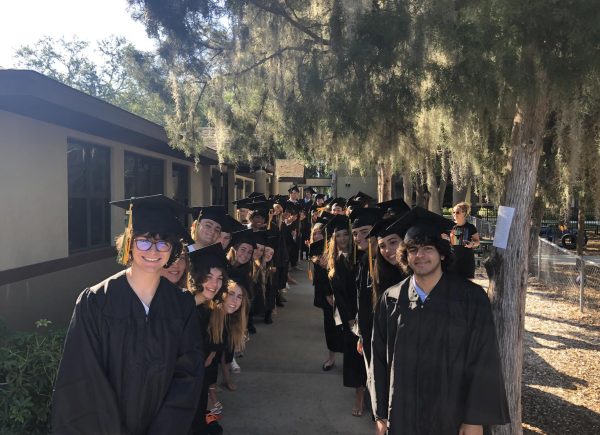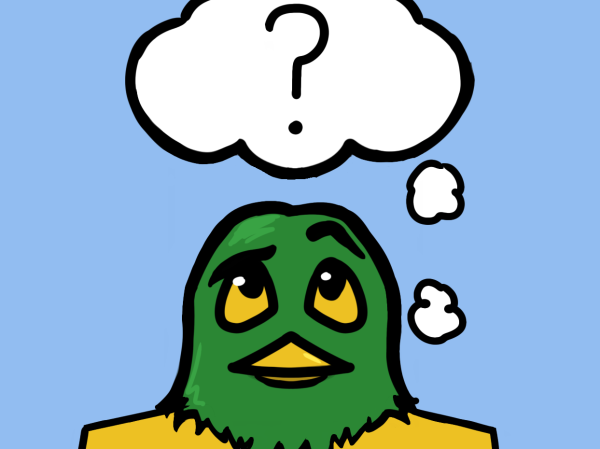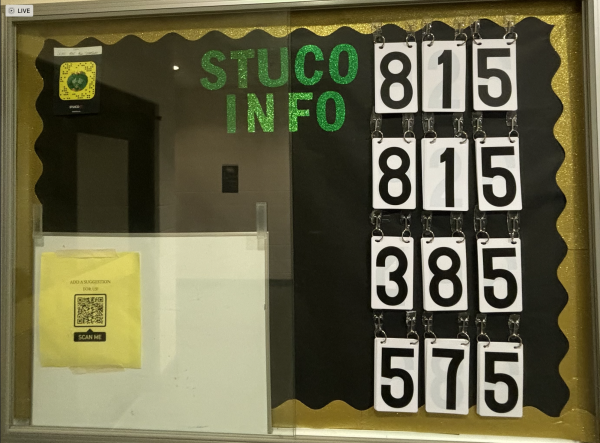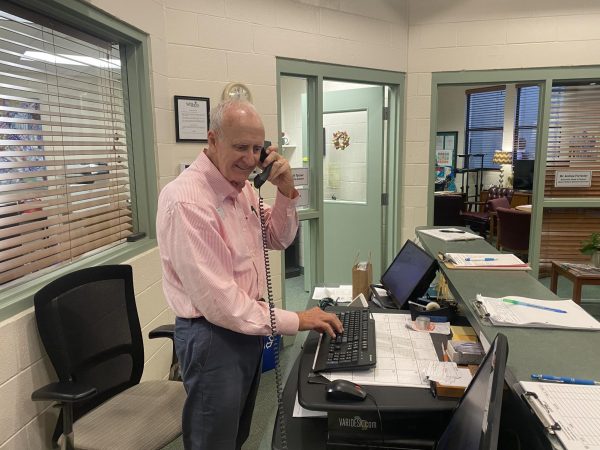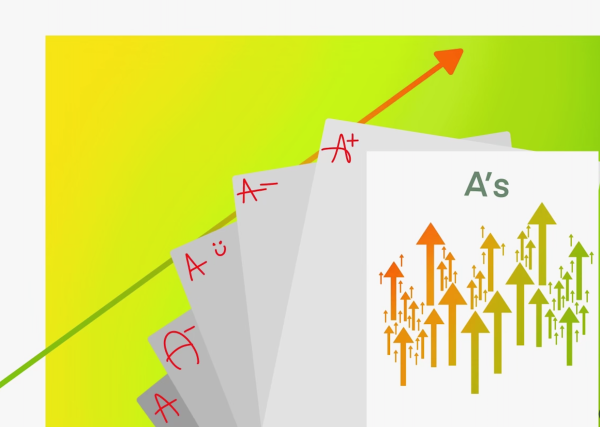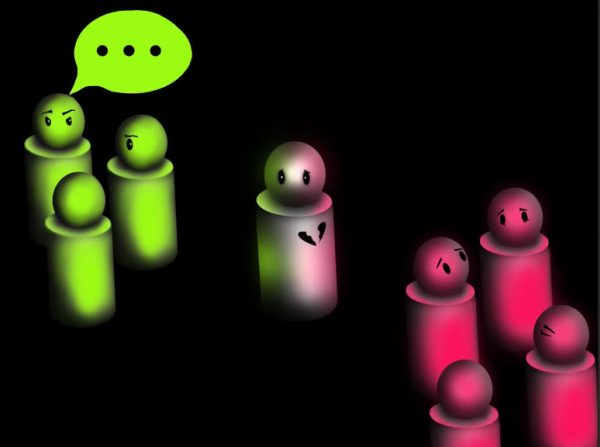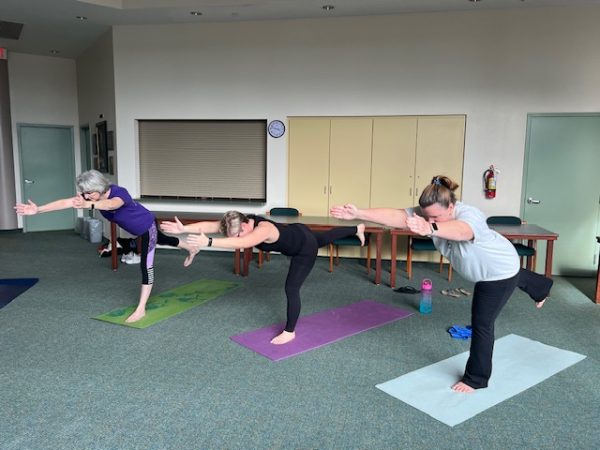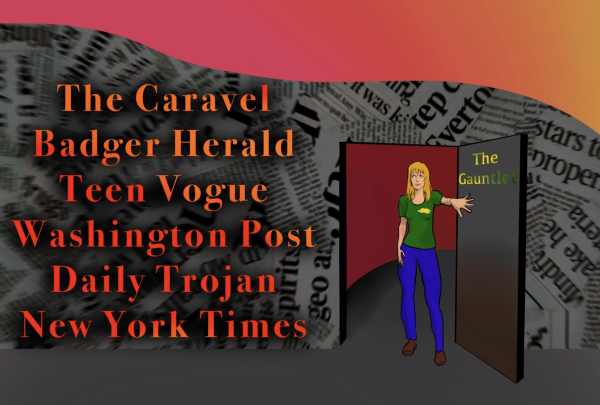How TikTok is changing American politics
How will the politicization of TikTok affect teens and young people around the world?
TikTok has become a platform where political content thrives. Is that really what needs to be happening, though? Original artwork by Evanthia Stirou.
October 2, 2020
TikTok: it’s a video-sharing social media platform akin to Vine (a now-defunct platform that was famous for six-second video clips), and it has taken Gen-Z by storm. However, lately, it has been more than just a source of entertainment, but a source of political education as well.
2020 means election year, and election year means one thing: politics are inescapable. For example, here is one TikTok that’s an example of MANY like it coursing through the app. This one was posted by user @liberalreasoning, a group of like-minded influencers posting liberal content.
While your parents browse Facebook to keep up to date with the newest hot political topics, and your older cousin composes a Tweet telling her followers her candidate of choice, Gen-Z’ers have taken to TikTok to voice their political beliefs.
And it seems that the world is listening.
On June 21, 2020, The New York Times published an article discussing how TikTok provided a platform for teenagers to work together to tank Republican presidential candidate Donald Trump’s rally in Tulsa. The Times reported that several videos circulated on the left-leaning side of the platform encouraging people to RSVP to the rally as many times as they could. The goal: to make the actual attendance lower than expected and embarrass Trump.
Although there is some debate as to whether these fake registrations actually made any difference to attendance at the Tulsa rally, the episode did show how TikTok was providing a political platform for teenagers (in this case it was a prank, but political messaging on the app is on the rise, big time). The Tulsa rally incident also introduced the concept of teenagers using TikTok to come together to make a change to break into mainstream media.
As a counterpart to adults’ Facebook, a platform for teenage political activism has certainly been a long-time coming. But is this surge of interest in politics necessarily something that should be praised? Some TikTok users question whether teenagers should even be worried about politics in the first place.
Sarasota High Junior Miriam Baram is one of them.“I don’t think that teenagers should be constantly confronted with politics on apps directed to them,” Baram said. “I would prefer an app to unwind and relax over an app that’s politicized.”
That’s not the only qualm users have with TikTok’s new political angle. Just as with social media platforms like Facebook, TikTok curates users’ feeds based on what its algorithm thinks they will like, and often, that means biased content even if the user hasn’t searched for it.
According to an article by Wired about TikTok’s algorithms, two factors contribute to the type of content that a person finds on their “For You” page (the specially curated feed of content that users browse most frequently).
The first of these is music, and the second is hashtags. So, if a user tends to click “Like” on videos that use a certain hashtag (or topic) or create a certain sound, that same type of content will get recommended to them more often. Therefore, if you consistently like videos with hashtags such as #Trump2020, you’ll get more of those types of videos.
Just like on other platforms, once the algorithm knows your likes and dislikes, it feeds you more of the same.
English teacher Mr. Johnson said this about social media algorithms: “The purpose of social media is to get clicks because that gets advertising money. So TikTok knows the right things to show you to reaffirm your beliefs enough to get you to keep clicking.”
In some ways, this political component of the app gives teenagers an opportunity to get excited about politics. According to a study conducted by the United States Census Bureau, only 38% of eligible voters aged 18 to 24 actually voted in the 2012 election. That is the lowest turnout rate of any age group. It means the politicization of teenagers – such as what TikTok provides – could be a huge factor in the outcome of future elections.
Since the dawn of using social media to talk politics, increased politicization and polarization has gone hand in hand with increased radicalization. In an article published in The Guardian, the process by which social media polarizes us is called “the funnel,” and as it turns out, it’s a major force that’s dividing the nation.
So what is this “funnel” and why is it dangerous? Joshua Citarella, the author of the Guardian piece, describes it as the way in which “viewers begin by consuming relatively tame content and then wade into more radical territory.” For example, a news video is followed by a suggestion to watch a political commentator, and from there, the For You page propels the viewer into a narrower and, in many cases, more extreme ideological space.
Although radicalization has traditionally been associated with far-right conservative groups, TikTok is certainly radicalizing left-leaning teens as well (take a look at what’s happening in cities around the country). There has been a huge influx of communist, socialist, and race-related content on the app. TikTok has seen an outpouring of support for political figures who are seen as “radical,” such as former 2020 presidential candidate Bernie Sanders.
In a country so divided by politics, one could easily question whether the radicalization of teenagers is what we need right now. Thanks to the process of funneling, people are becoming more and more polarized on the opposite ends of the political spectrum. How can people with such differing beliefs ever be expected to get along, much less work together?
“Back in the day [before social media],” Mr. Johnson said, “you would bump into people you knew and respected who had different political beliefs than you all the time, and you would accept that. Now we only [discuss] our opinions in these very small spaces.”
Now that politics have transitioned into social media, there isn’t as much motivation for people to put their differences aside while having political conversations. When we aren’t face-to-face, immediately and personally accountable for our words, it can be hard to have a civil discussion, let alone to maintain mutual respect.
And how can people be expected to? “We only see half the truth,” said Johnson. When all someone hears is constant reaffirmation of beliefs they already hold, pushing them farther and farther towards radicalization, they forget that the other side just might have some valid arguments as well.
Even as TikTok helps teenagers figure out where they stand on the complicated issue of politics, it also pushes them toward a more “funneled,” radical viewpoint, and that might not be the best way to learn.
So what can be done to help combat this issue?
Well, even though social media giants can’t be expected to change the very algorithm that brought them success any time soon, individuals can still make changes on their own behalf. “Try to understand where others are coming from,” Mr. Johnson suggests, “by looking at sources from other viewpoints.”
Further, test your political opinions by taking the discussion offline. If you can talk with a friend about an issue you disagree on, chances are you’ll both learn something.
With the future of TikTok in jeopardy (that, of course, is a whole story in itself), now is the time for teenagers to diversify their political sources and make sure they’re getting their facts straight.
1

